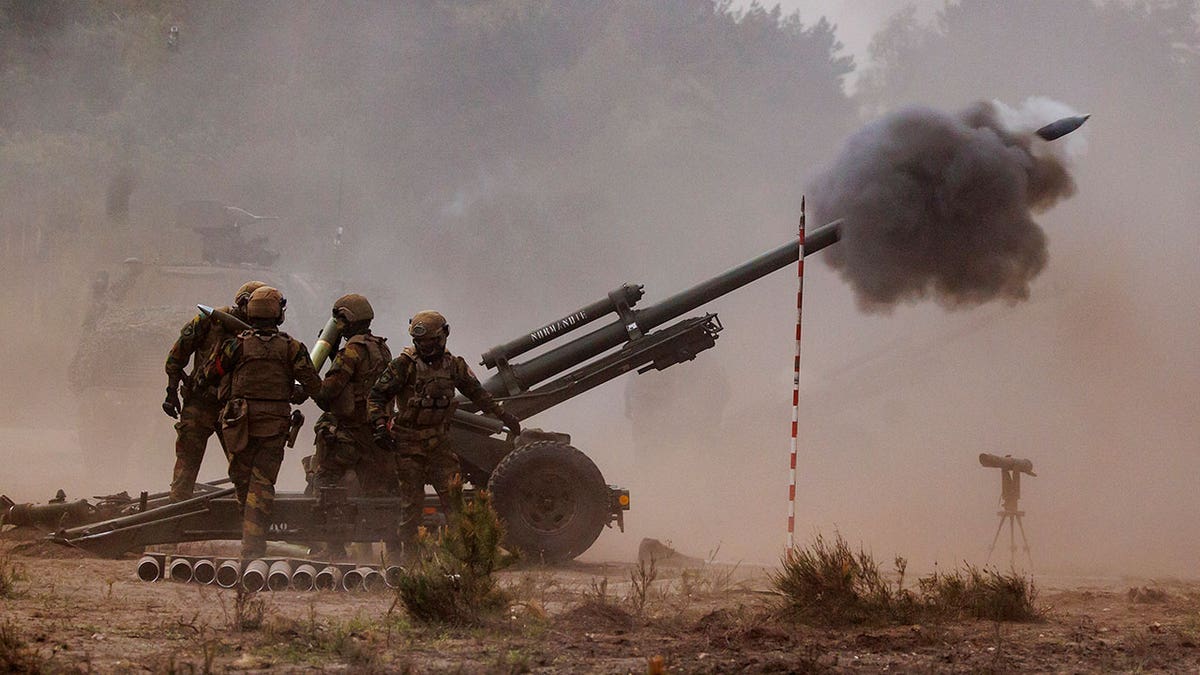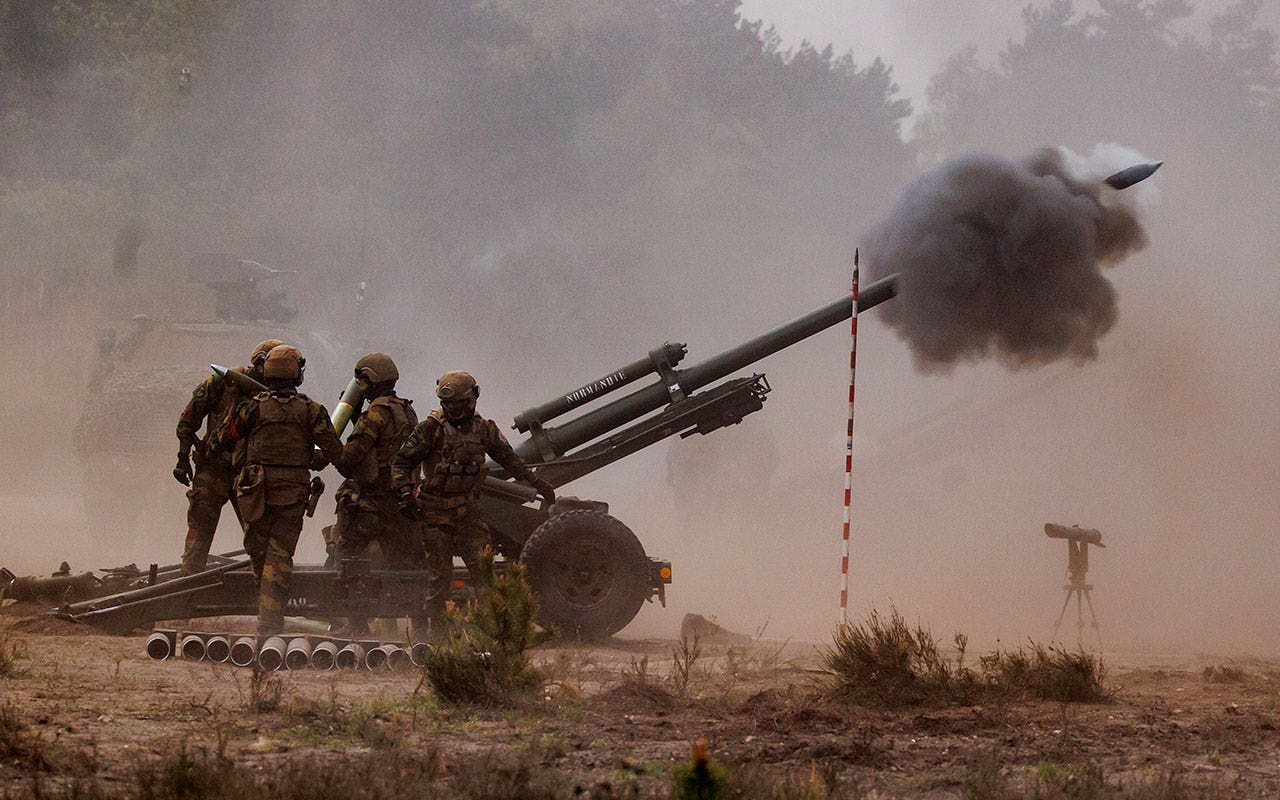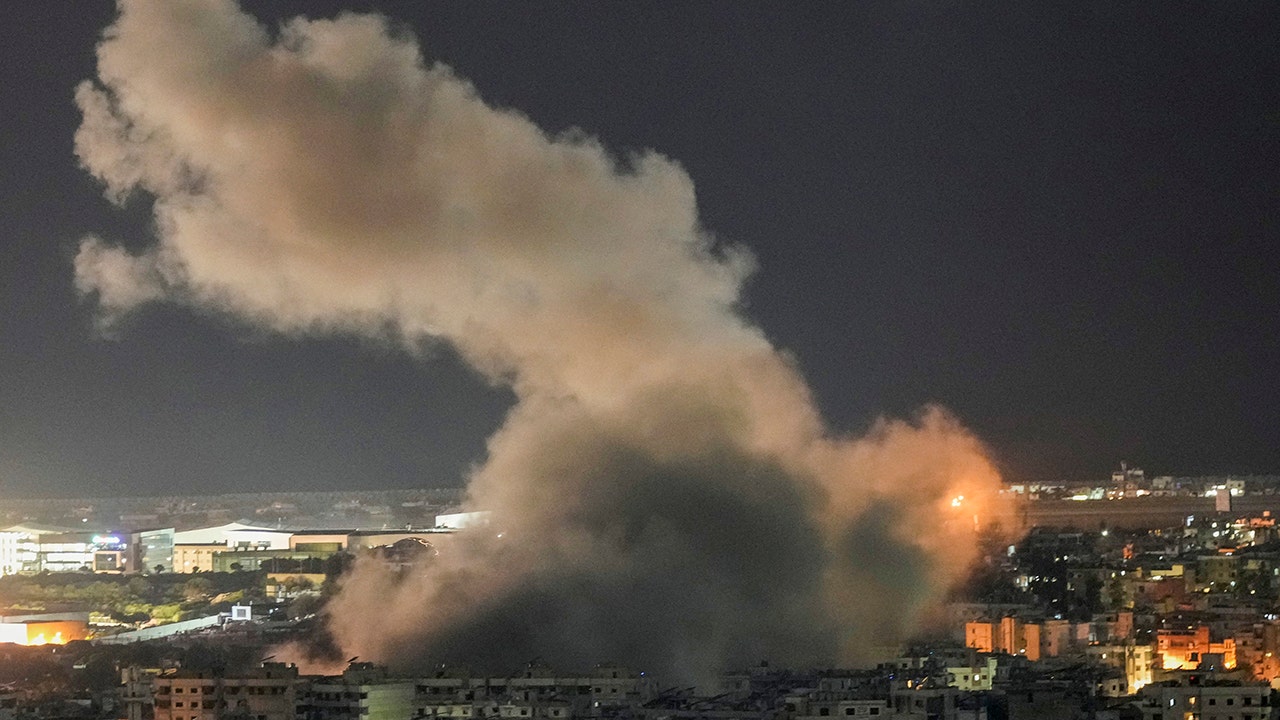- Belgium’s defense minister on Thursday announced the disbandment of a platoon of approximately 30 soldiers.
- This decision came after severe cases of violence and harassment were investigated.
- The violence lasted for several months and involved Belgian officers, non-commissioned officers and less-experienced soldiers.
A platoon of about 30 soldiers belonging to Belgium’s armed forces will be dismantled because of serious cases of violence and harassment, the minister of defense said Thursday.
Ludivine Dedonder said several people were already placed under protection, while suspects were dismissed or transferred to other units. She said there is no place for any form of “sexism, racism or extremism” within the country’s military.
Speaking at a news conference alongside defense chief Adm. Michel Hofman, Dedonder said she was informed of the violence within the Fourth Engineer Battalion in an email in November. She was alerted by a relative of one of the soldiers who had been a victim, she said.
BELGIAN FAR-RIGHT ACTIVIST SENTENCED TO 1 YEAR IN JAIL FOR RACIST SPEECH
Dedonder said investigations were immediately launched, focusing on “serious acts” of violence.

Soldiers of the Belgian armed forces are seen on May 10, 2022, near Munster, Germany. A platoon of about 30 soldiers belonging to Belgium’s armed forces will be dismantled because of serious cases of violence and harassment, the minister of defense said Thursday. (Morris MacMatzen/Getty Images)
“Among other things, we are talking about degrading treatment, assault and battery, blackmail, threats between soldiers, pressure exerted by soldiers on their peers, and an obligation of silence about these facts,” the minister said.
Dedonder said the violence took place during hazing and training sessions, lasted for several months and involved officers, non-commissioned officers and less experienced soldiers.
“These behaviors are unacceptable,” which is why Belgium was taking strong measures, including the disbanding of a platoon within the 4th Battalion in the eastern city of Amay, Dedonder said. She said the army will adopt a zero-tolerance policy.
BELGIAN POLICE ARREST ADULT, 3 MINORS IN PLOT TO ATTACK CONCERT HALL
The battalion in Amay was formed in 1913 and took part in World War I the following year. It has a great reputation within the Belgian army.
“It’s not the whole workforce that’s affected,” Dedonder said. “We are talking about a few dozen people at the moment.”
Hofman and Dedonder said they could not give more details about the identity of people involved, or the exact nature of the violence, because investigations were ongoing.
“We’re talking about degrading behavior, humiliation, as part of hazing or integration rituals,” Dedonder said.






